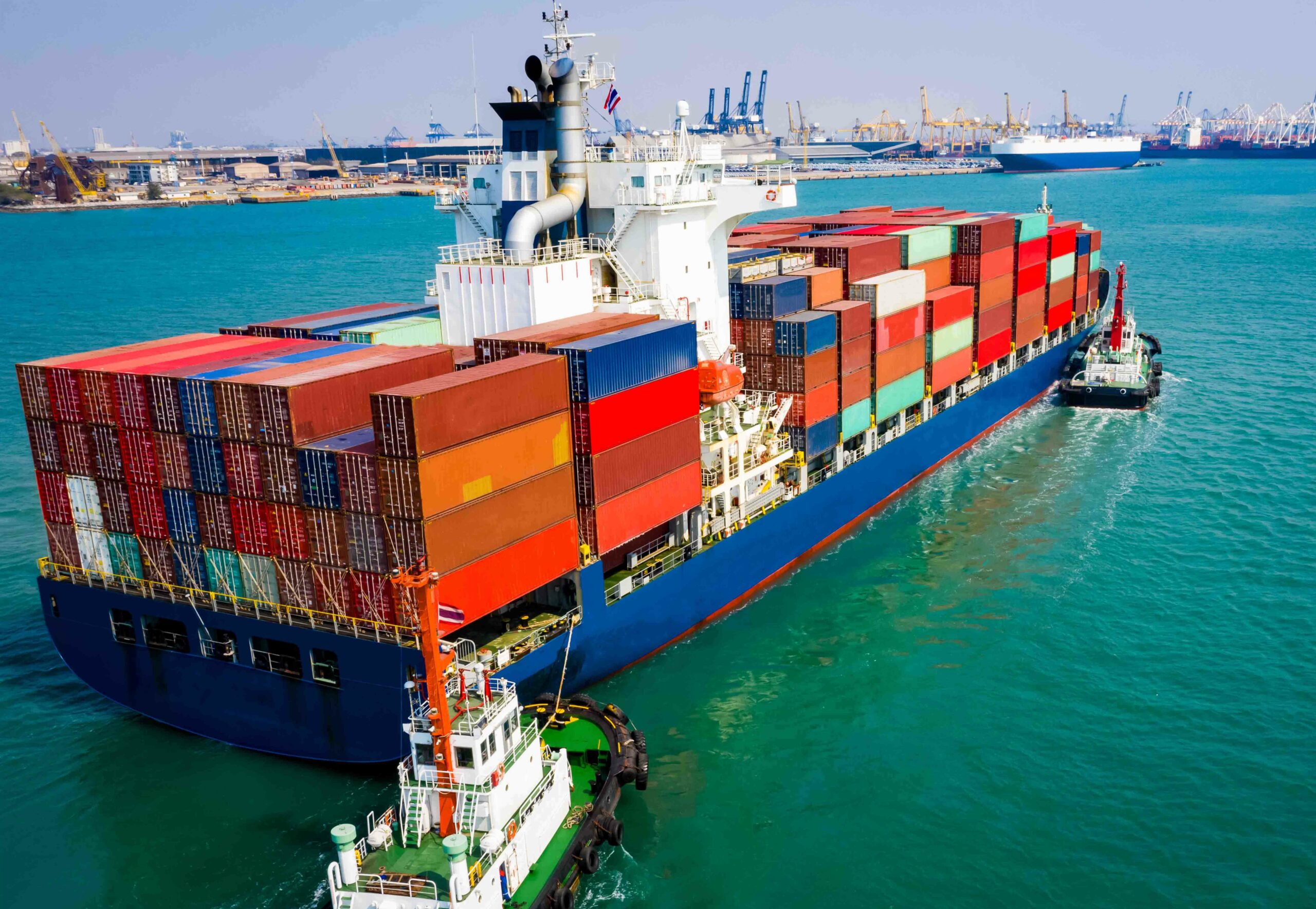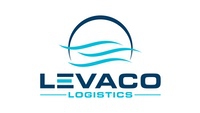Freight delivery is an important aspect of worldwide shipping. However, navigating the world of cargo delivery can be a very tricky business. To ensure smooth sailing and enhance good trade relations, The International Chamber of Commerce, stipulated a set of guidelines. The Incoterms referred to as International Commercial Terms, were first published as early as 1936 to facilitate global shipping.
These Incoterms have been adapted over the years, mirroring changes in global freight. Since January 1, the Incoterms 2020 have come into effect.
Given their long history in international shipping, Levaco, is well-informed about the preferred freight delivery services and able to help customers identify the best solution for their cargo shipping, including the preferred Incoterms.
Incoterms may seem complicated, but knowing them can assist transactions because they clearly define who is responsible for what, at each step of the transaction process.
The value of Incoterms
Incoterms are not legally binding by governments; however, they are a set of internationally recognised terms and conditions that facilitate international transactions and avoid misunderstandings.
In short, Incoterms are selling terms that the buyer and seller mutually agree to during international transactions. The primary focus of Incoterms is to help establish concrete responsibilities, duties, costs and risks that the seller and /or the buyer must bear during the complete freight transportation process. The selected Incoterms are usually incorporated into the sales contract.
There are 11 internationally recognised Incoterms, with varying rules depending on who is responsible for payment and management of the shipment, insurance, documentation, customs clearance and other logistic activities. 7 of the Incoterms 2020 are irrespective of the mode of transport. Additionally, there are 4 Incoterms specifically related to sea freight shipping.
General Incoterms
The 7 general Incoterms 2020 are EXW, FCA, CPT, CIP, DAP, DPU, and DDP for which the abbreviations stand for:
EXW: Ex Works or Ex-Warehouse
FCA: Free Carrier
CPT: Carriage Paid To
CIP: Carriage And Insurance Paid To
DAP: Delivered At Place
DPU: Delivered At Place Unloaded
DDP: Delivered Duty Paid
4 Incoterms rules for Sea and Inland Waterway Transport
In addition to these general Incoterms, there are 4 distinct Incoterms 2020 rules that apply to sea and inland waterway transport.
FAS – Free Alongside Ship
The seller delivers the goods placed alongside the vessel (e.g., on a quay or a barge) nominated by the buyer at the named port of shipment. The risk of loss of or damage to the goods passes when the products are alongside the ship or are placed over the ship side boundary. The buyer bears all costs from that moment onwards.
FOB – Free on Board
The seller delivers the goods on board the vessel nominated by the buyer at the named port of shipment or procures the goods already so delivered. The risk of loss of or damage to the goods passes when the products are on board the vessel. The buyer bears all costs from that moment onwards.
CFR – Cost and Freight
The seller delivers the goods on board the vessel or procures the goods already so delivered. The risk of loss of/or damage to the goods passes when the products are on board the vessel. The seller must contract for and pay the costs and freight necessary to bring the goods to the named port of destination.
CIF – Cost Insurance and Freight
The seller delivers the goods on board the vessel or procures the goods already so delivered. The risk of loss of or damage to the goods passes when the products are on the ship. The seller must contract for and pay the costs and freight necessary to bring the goods to the named port of destination. The seller also contracts for insurance cover against the buyer’s risk of loss of or damage to the goods during the carriage. The buyer should note that under CIF the seller is required to obtain insurance only on minimum cover. Should the buyer wish to have more insurance protection, it will need either to agree as much expressly with the seller or to make its own extra insurance arrangements.
Agreeing on Incoterms can prevent issues before, during or after shipment. Contact Levaco for freight forwarding questions or optimal cargo delivery services.







